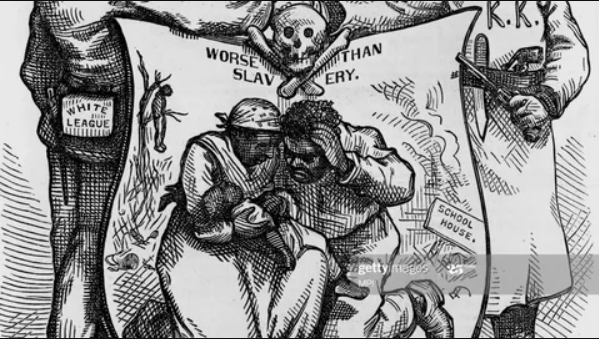Constructing Race: Creating White Privilege in Popular Mediaby Anthony D’Agostino MD

The concept of Constructing Race: Creating White Privilege is not just a historical analysis; it’s a living, breathing phenomenon that continues to shape our media, culture, and society today. One of the most powerful ways this occurs is through storytelling—especially in popular media such as books, movies, and video games. Titles like The Last of Us offer a compelling lens to explore how race is constructed and how white privilege is both reinforced and challenged in our contemporary world.
Understanding Race Construction in Popular Media
Popular media has a profound influence on how we perceive race. The stories we consume shape our understanding of the world and our place within it. The process of Constructing Race: Creating White Privilege often involves the portrayal of certain racial groups in stereotypical or one-dimensional ways, while privileging white characters as the default or “norm.” This not only perpetuates existing racial hierarchies but also influences how audiences internalize and reproduce these ideas in real life.
In The Last of Us, for instance, we see a world where white characters are prominently featured as complex, relatable protagonists, while characters of color are often relegated to secondary roles or depicted through a lens of “otherness.” This narrative construction contributes to the ongoing creation of white privilege, where whiteness is centered and normalized, making it harder to see the systemic nature of racial inequality.
The Role of Storytelling in Constructing Race
Storytelling is a powerful tool in Constructing Race: Creating White Privilege. Through the stories we tell and the characters we highlight, we can either challenge or reinforce existing social structures. Books Like the Last of Us and games like The Last of Us often reflect the anxieties and desires of the societies that create them. In doing so, they can either uphold the status quo or push for a deeper understanding of racial dynamics.
For example, the post-apocalyptic setting of The Last of Us strips away the usual societal structures, yet the underlying racial dynamics remain unchanged. White characters are often depicted as the leaders, the heroes, and the ones who endure, while characters of color, when present, are typically sidekicks, villains, or victims. This portrayal subtly reinforces the idea that whiteness is inherently resilient and capable, a notion that underpins much of the white privilege constructed in society.
Challenging White Privilege Through Representation
While popular media has historically played a role in Constructing Race: Creating White Privilege, it also has the potential to challenge these narratives. Increasingly, creators are recognizing the need for more diverse and nuanced representations of race in their work. By telling stories that center on characters of color and explore the complexities of race, media can begin to dismantle the privilege that has been constructed over centuries.
Books like The Last of Us are beginning to evolve, with more recent iterations and similar stories attempting to diversify their casts and offer more authentic portrayals of non-white characters. However, this is just the beginning. True progress will require a sustained effort to include diverse voices not only in front of the camera or on the page but also behind the scenes, where decisions about storytelling are made.
The Impact of White Privilege in Media Consumption
The way race is constructed in media has a significant impact on audiences. When white privilege is subtly or overtly reinforced through storytelling, it shapes the way viewers and readers understand race in the real world. Constructing Race: Creating White Privilege in media consumption often goes unnoticed, as these narratives become part of the fabric of everyday life.
For instance, when audiences consistently see white characters as the protagonists, they may unconsciously internalize the idea that whiteness is the standard of humanity, with all other racial identities positioned as deviations from this norm. This not only reinforces white privilege but also marginalizes people of color by limiting the stories told about their experiences.
Strategies for Deconstructing White Privilege in Media
To move beyond Constructing Race Creating White Privilege, it’s essential to adopt strategies that promote more equitable representation in media. Here are a few approaches that can help:
- Amplify Diverse Voices: Supporting creators of color and diverse voices in the media industry is crucial. This means not only consuming their work but also advocating for their inclusion in mainstream platforms.
- Critical Consumption: Audiences should engage with media critically, questioning the representation of race and privilege in the stories they consume. Understanding how race is constructed can help dismantle the privilege that these narratives often reinforce.
- Education and Awareness: Educating oneself and others about the history of race and privilege in media can foster a more informed and critical audience. This includes recognizing how past media has shaped current perceptions and being aware of ongoing issues.
Conclusion
Constructing Race: Creating White Privilege is an ongoing process that is deeply embedded in the stories we tell and consume. Popular media like The Last of Us offers a lens through which we can examine how race is constructed and how white privilege is maintained. By becoming more aware of these dynamics and supporting more diverse and inclusive storytelling, we can begin to challenge the narratives that perpetuate inequality and work towards a more just and equitable society.